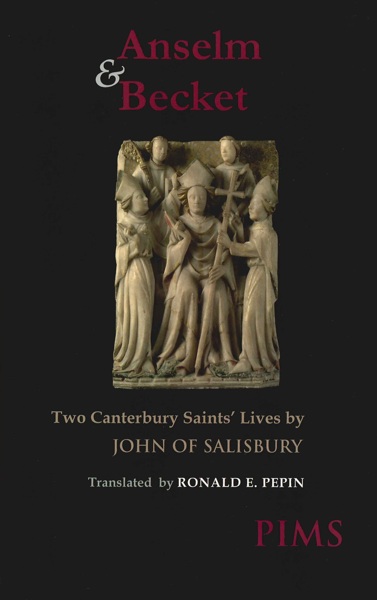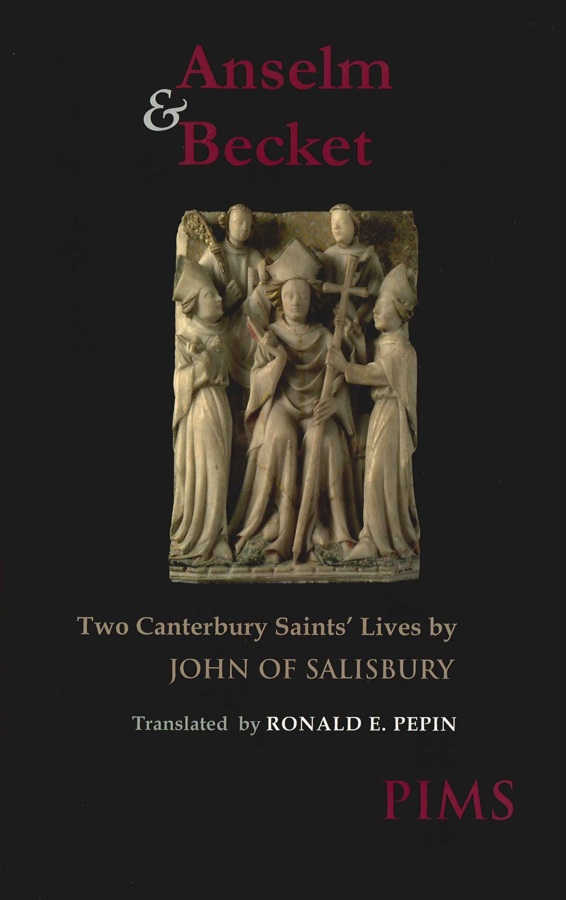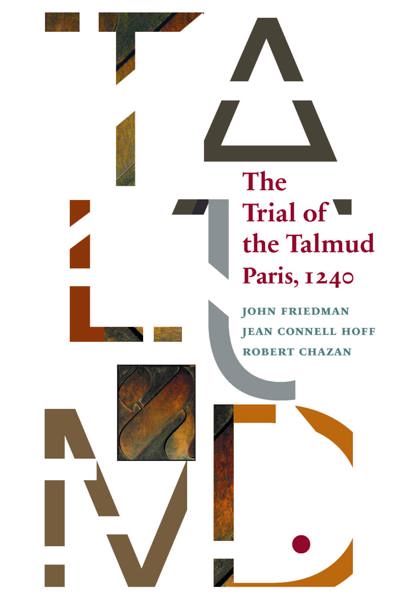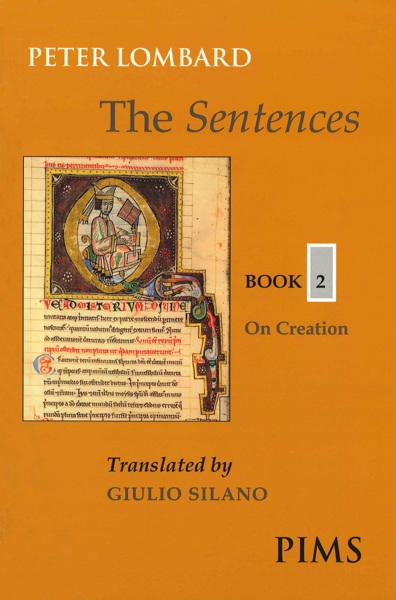
John of Salisbury
Anselm & Becket
Two Canterbury Saints' Lives by John of Salisbury
- Pages: 108 p.
- Size:150 x 230 mm
- Language(s):English, Latin
- Publication Year:2009
- € 15,00 EXCL. VAT RETAIL PRICE
- ISBN: 978-0-88844-298-7
- Paperback
- Temporarily Out of Stock
This translation of the Lives of Anselm and Becket finally makes available in English all the known writings of John of Salisbury. These two works are his only contributions to the genres of biography and hagiography. In them we see how this notable Christian humanist employed his considerable rhetorical skills to create lasting literary memorials to figures of great importance in English ecclesiastical history. His profound concern for the freedom of the Church, his loathing of tyrants and tyrannical behaviour, his affection for the classics and Sacred Scripture, are themes woven into his accounts of the lives and activities of two archbishops of Canterbury who endured indignity and exile for the sake of Church liberty. One authored renowned treatises in philosophy and theology; the other suffered a cruel martyrdom and secured undying fame. Both are canonized saints.



